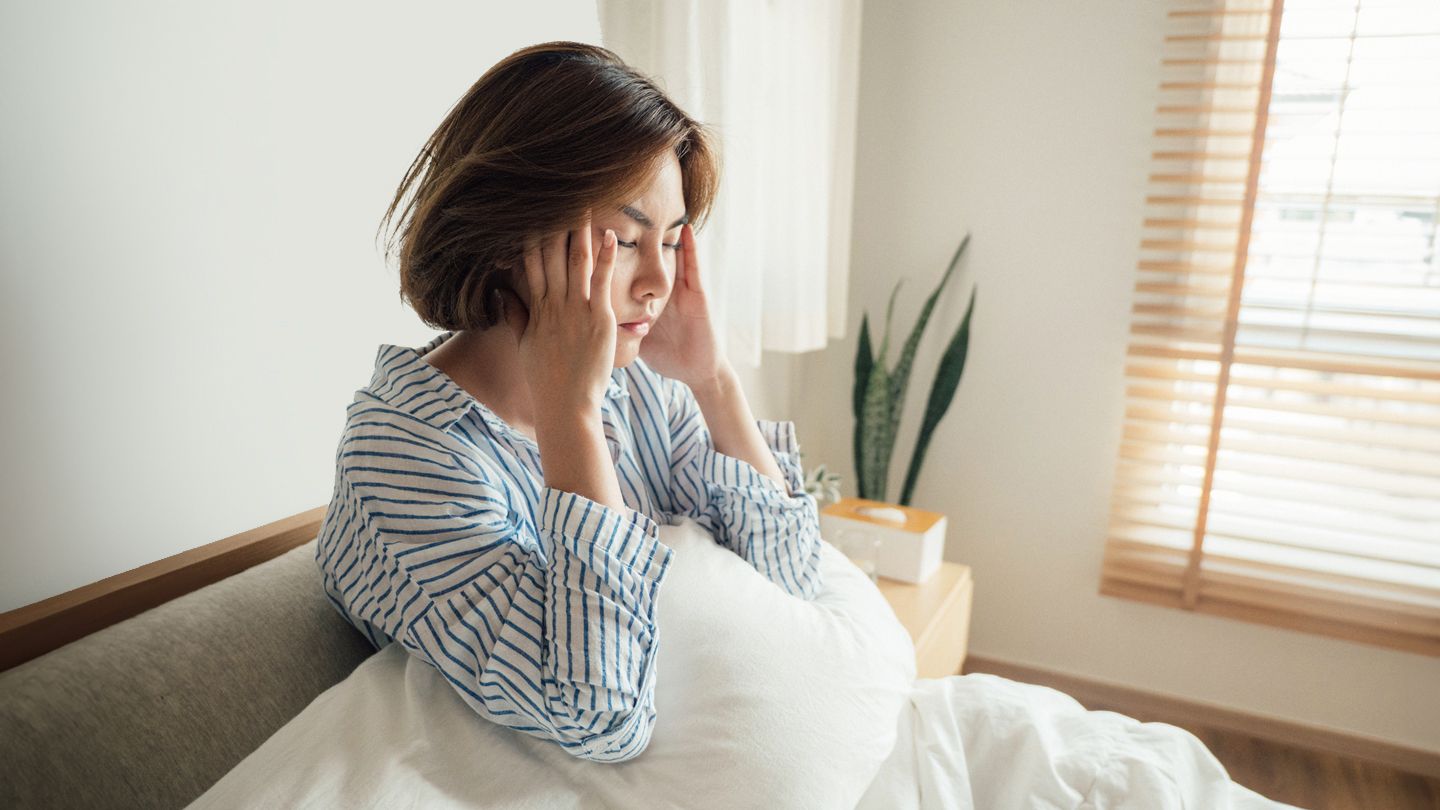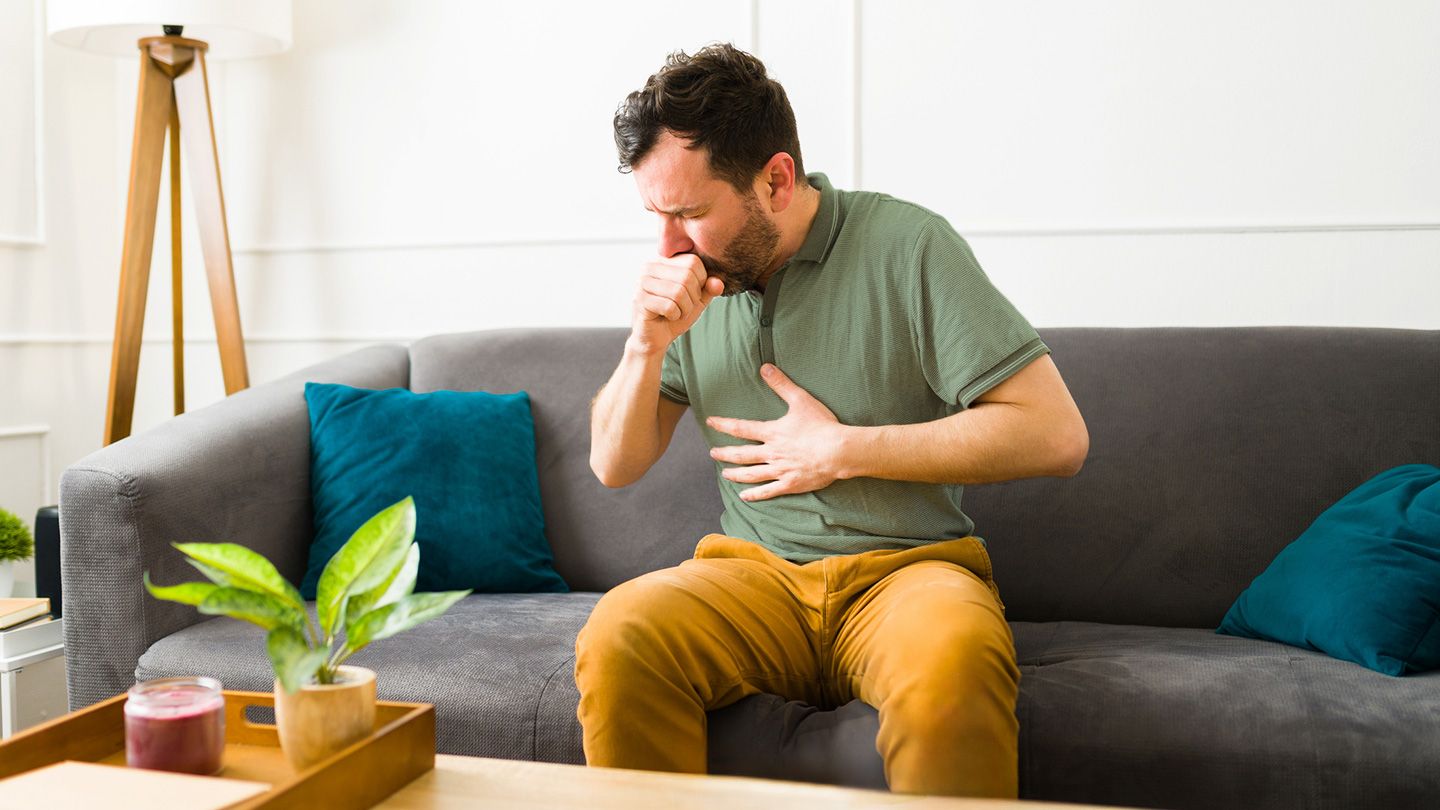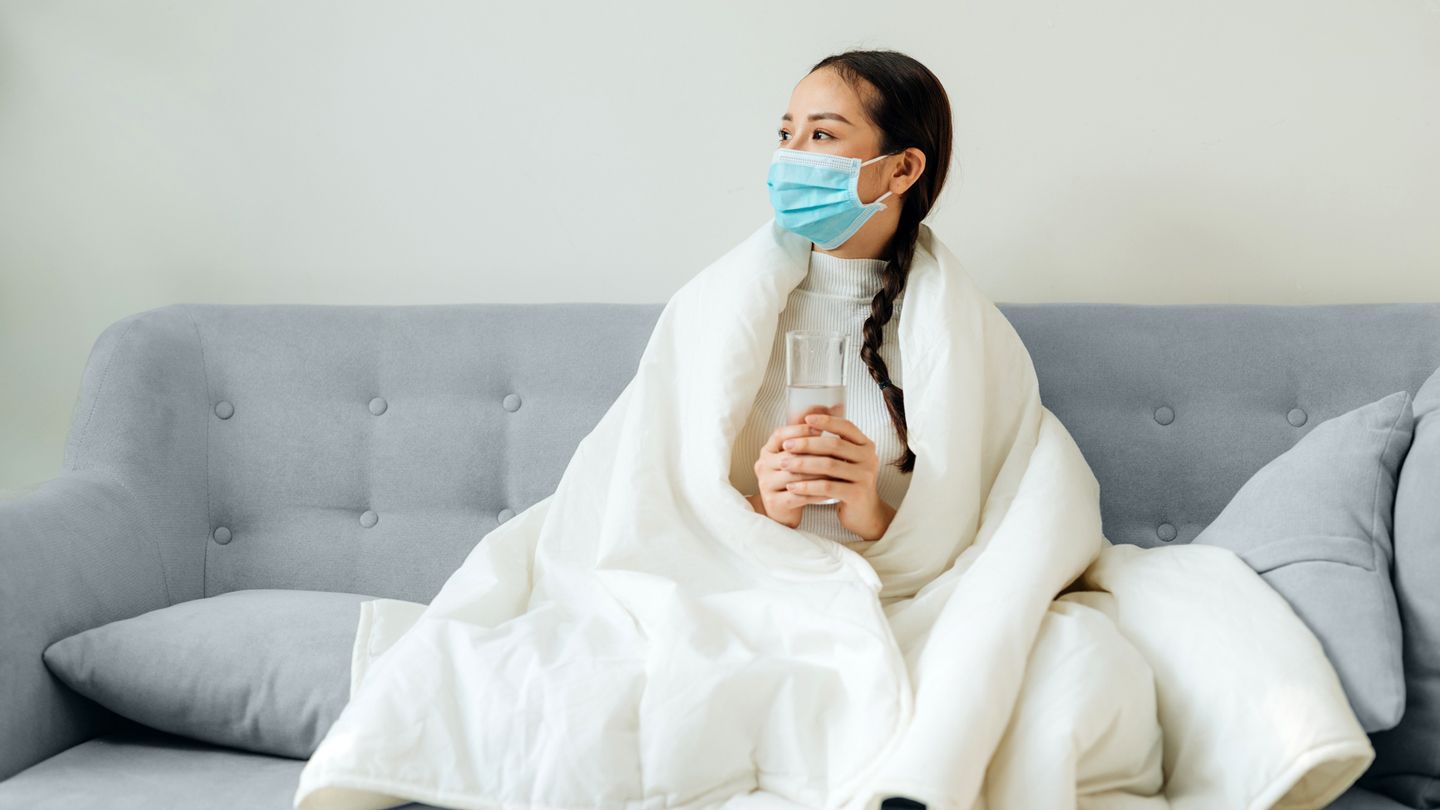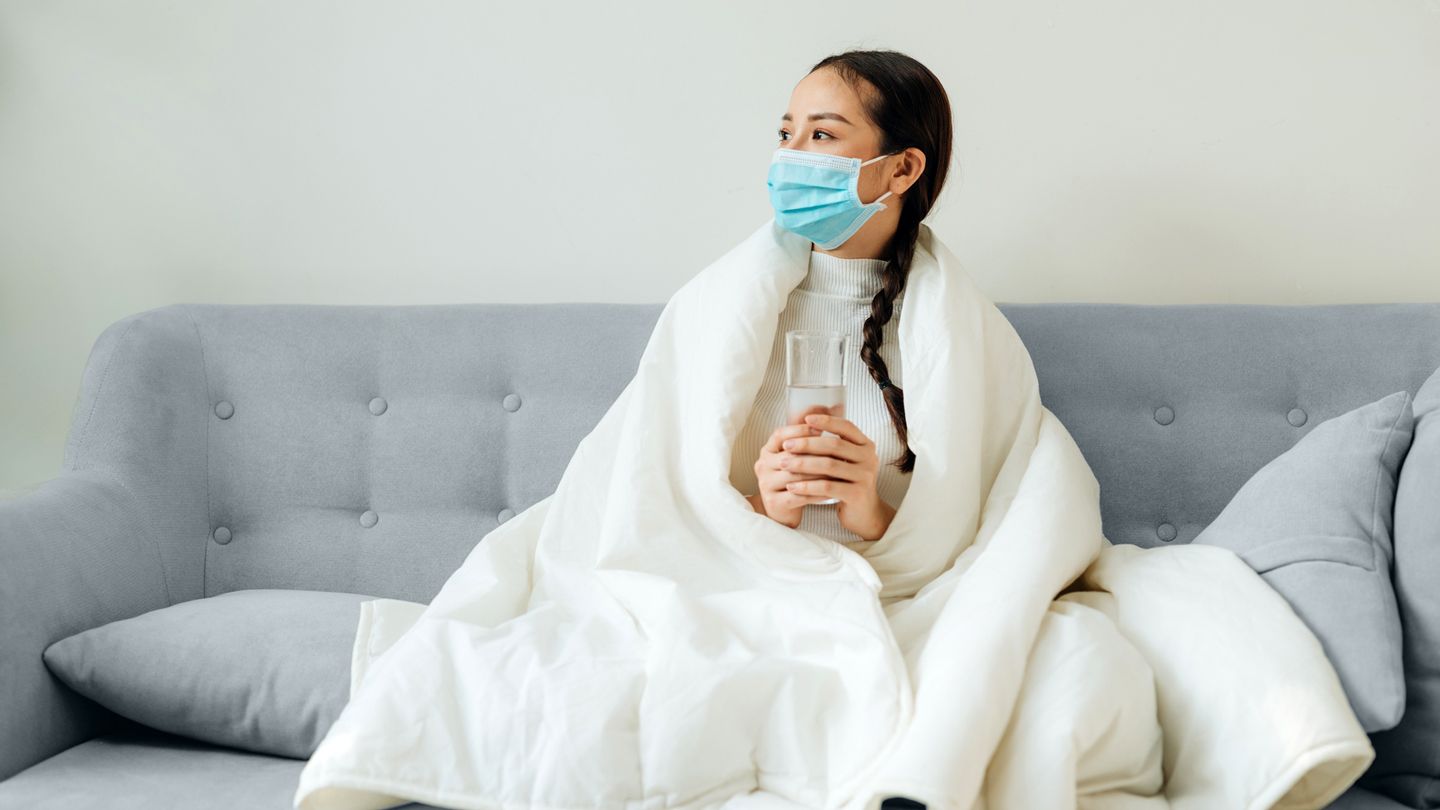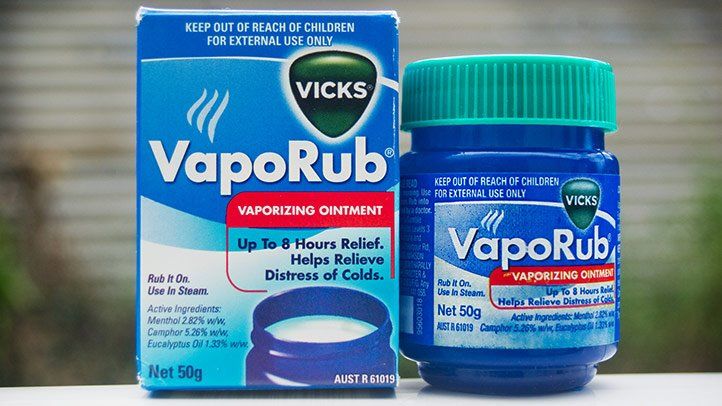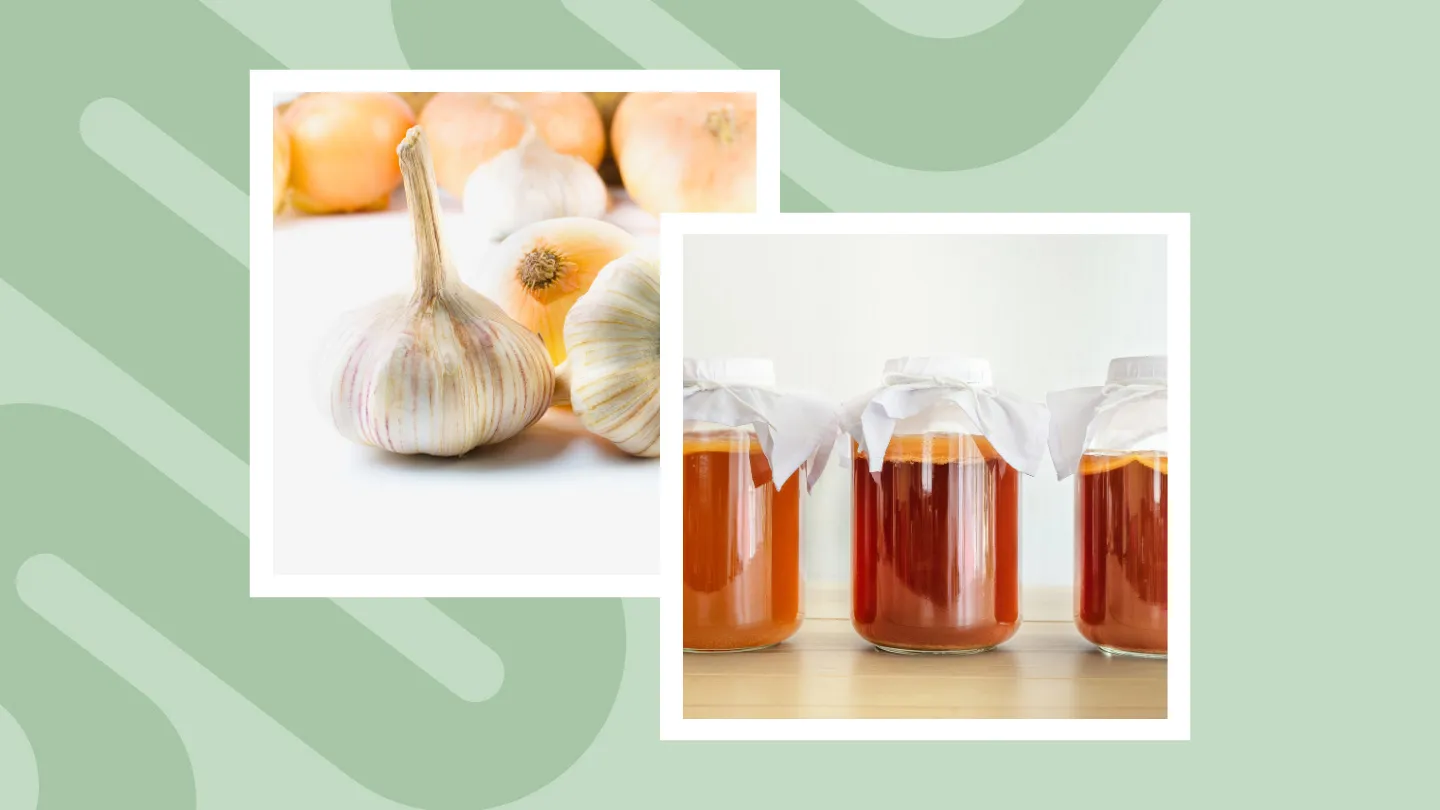Can You Take Mucinex and Benadryl Together? Interactions and Safety
When you're feeling miserable from cold and flu symptoms, the temptation can be strong to take multiple medications like Mucinex and Benadryl together. But is it safe? And will it even help you feel better faster?
Understanding how these two medications work and interact is important to using them effectively and avoiding potential problems. Learning some key facts can ensure you choose the right remedies for your situation.
How Mucinex and Benadryl Work
Mucinex contains the active ingredient guaifenesin, an expectorant that helps thin mucus secretions in the lungs and sinuses. Thinner mucus can be cleared more easily through coughing.
Benadryl contains the antihistamine diphenhydramine. It blocks the effects of histamine, a chemical released by the body during allergic reactions. This helps relieve symptoms like sneezing, runny nose, and watery eyes.
So Mucinex targets productive coughs, while Benadryl mainly treats allergy symptoms. Both may provide some relief for colds and flu, but work in different ways.
Is it Safe to Take Mucinex and Benadryl Together?
In most cases, it is safe to take Mucinex and Benadryl together as directed. No major interactions have been reported when combining these two particular drugs.
However, some minor interactions are possible. Both Mucinex and Benadryl can potentially cause drowsiness and mental fogginess. Taking them together may compound this effect.
The diphenhydramine in Benadryl also has anticholinergic properties that can worsen symptoms like dry mouth, constipation, and urinary retention. The combination of effects may be uncomfortable.
Potential Benefits of Combining Mucinex and Benadryl
There are some situations where taking Mucinex and Benadryl together may be helpful:
- You have both chest congestion and allergy symptoms from a cold or flu
- You need relief from coughing and sneezing/runny nose
- You want something for upper respiratory symptoms and something for aches and fever
- You need both an expectorant and antihistamine effect
In these cases, the medications can work synergistically to relieve multiple aspects of your illness. But it's still wise to take the minimum effective doses of each when combining.
Risks and Side Effects of Taking Mucinex and Benadryl
Possible side effects of taking Mucinex and Benadryl together include:
- Drowsiness, dizziness, brain fog
- Dry mouth, nose, and throat
- Nausea, vomiting, stomach upset
- Constipation or urinary retention
- Headache, blurred vision
- Rapid heart rate or palpitations
- Difficulty breathing
These effects may be compounded when the medications are combined. It's also unsafe to drive or operate machinery when impaired by the side effects.
Who Should Not Take Mucinex and Benadryl Together
Certain people should avoid using Mucinex and Benadryl simultaneously. You are at higher risk for complications if you have:
- Glaucoma
- Prostate enlargement
- Heart disease
- Hyperthyroidism
- Liver or kidney disease
The elderly are also more sensitive to anticholinergic side effects. Only combine the drugs when clearly needed and under medical supervision.
Safe Dosage When Taking Mucinex and Benadryl
To reduce adverse effects, take the lowest effective dose of each medication when using together. General dosage guidelines include:
- Mucinex - 1 caplet every 12 hours, up to 2 caplets daily
- Benadryl - 25-50 mg every 4-6 hours, up to 150 mg daily
Carefully follow package instructions and don't exceed maximum daily amounts. Only use for a short course of 3-5 days to avoid complications.
Other Precautions
To use Mucinex and Benadryl safely and appropriately together:
- Take each at the recommended dosing intervals
- Stay well hydrated to minimize thick secretions and dryness
- Avoid alcohol, sedatives, opioids and other drugs that increase drowsiness
- Don't take before driving, operating equipment, or doing risky activities
- See a doctor if symptoms worsen or don't improve after several days
Carefully following usage guidelines reduces the risks when combining these two OTC medications.
Alternative Medicine Options
Mucinex and Benadryl are conventional options for chest congestion and allergy symptoms. But natural remedies may also provide relief without the same risk of side effects.
Drinking Plenty of Fluids
Staying hydrated is key when you have a respiratory illness. Water, broths, herbal tea, and diluted juices keep mucus thin and easy to cough up.
Aim for at least 8 glasses of non-caffeinated fluids daily when symptoms are present. Soup, popsicles, and gelatin can also help increase fluid intake.
Using a Humidifier
Breathing in warm, moist air can help loosen mucus and prevent nasal passages from drying out. This lessens congestion and stuffiness without medication.
Be sure to keep humidifiers clean to avoid spreading germs. Ideal humidity levels are 30-50% for illness relief.
Trying Steam Therapy
Inhaling steam from a hot shower or bowl of heated water can hydrate and open airways. Adding menthol, eucalyptus, or other aromatics provides extra congestion and cough relief.
Keep a safe distance from the hot water to avoid burns. Use steam judiciously to prevent excess drying of nasal membranes.
Consuming Hot Liquids
Sipping heated broth, tea, or lemon water provides comfort and hydration. The warmth may loosen secretions and soothing vapors ease congestion. Add honey, garlic, ginger, or spices to enhance therapeutic effects. Avoid scalding hot liquids to prevent mouth and throat burns.
Using Saline Rinses
Saline nasal sprays and rinses can thin out mucus while clearing irritants and pollutants. This provides temporary relief and clears the way for natural drainage.
Use sterile bottled solutions to avoid contaminating sinuses. Rinse gently using good technique to prevent irritation.
Trying Pepper Mint Oil
The menthol in peppermint naturally reduces congestion by restricting blood vessels in the sinuses. It may also minimize urge to cough.
Use only pure essential oil diluted with a carrier oil. Don't overuse, as it can dry out nasal passages with extended use.
Using Neti Pots
These specially designed pots or bottles allow salt water flushing of the nasal passages. Proper irrigation technique can remove excess mucus and provide relief.
Strictly follow directions to avoid contaminating the sinuses. Ensure pot and water are sterile before irrigating nasal passages.
When to See a Doctor
While Mucinex and Benadryl can be used as part of home treatment for colds and flu, see a doctor if:
- Fever is over 102°F and doesn’t respond to medication
- Symptoms like coughing worsen or persist longer than 10 days
- Shortness of breath, chest pain, or wheezing develop
- You cough up blood or green/yellow phlegm
- Illness is interfering with work, school, or daily life
Medical evaluation is warranted if your condition is severe, persists, or worsens despite treatment. More aggressive therapies may be needed.
What a Doctor Can Do
A doctor may prescribe:
- Stronger cough medicine or cough suppressants
- Prescription decongestants
- Oral or inhaled steroids
- Antiviral medication for influenza
- Antibiotics for bacterial infection
- Breathing treatments or oxygen therapy
Depending on the diagnosis, medical therapies can help resolve stubborn symptoms interfering with your health.
Seeking Prompt Medical Help
Get emergency care for:
- Trouble breathing or bluish lips
- Rapid worsening of symptoms
- Confusion, high fever, or extreme weakness
- Persistent chest pain or pressure
These may indicate a serious complication or health emergency requiring immediate treatment. Don't hesitate to call 911 or go to an ER.
The Bottom Line
Mucinex and Benadryl can generally be used together as directed for temporary relief. But side effects may be compounded with combined use. Natural remedies may provide similar benefits without the safety risks in many cases.
See a doctor if illness persists despite treatment. More advanced therapies may be needed. Being smart about how you use over-the-counter medicines allows you to optimize relief while minimizing risks.
FAQs
Is it safe to use Mucinex and Benadryl at the same time?
It is generally safe to take Mucinex and Benadryl together when used as directed. However, side effects like drowsiness may be increased with combined use.
What are the benefits of taking Mucinex with Benadryl?
The combination can provide relief from both chest congestion and allergy/cold symptoms when you have both. But use the minimum effective doses of each.
What precautions should I take when using Mucinex and Benadryl?
Avoid alcohol and other sedatives, don't drive or operate machinery, stay hydrated, and don't exceed recommended doses. Seek medical advice if you have health conditions.
Are there alternatives to taking Mucinex with Benadryl?
Yes, natural remedies like steam, fluids, humidifiers, and nasal saline can thin mucus and reduce congestion without medication in many cases.
When should I see a doctor for cold symptoms while taking Mucinex and Benadryl?
Contact your doctor if symptoms persist beyond 10 days, get worse, or are interfering with your daily life. Seek emergency care for any concerning or severe symptoms.
Disclaimer: This article is for informational purposes only and does not constitute medical advice. Always consult with a healthcare professional before starting any new treatment regimen.
Related Coverage
Can you take Alka-Seltzer and Mucinex simultaneously? Understand the ingredient safety, potential side effects, who should avoid combo use, and how to maximize relief....
Taking NyQuil and Afrin nasal decongestant simultaneously is generally safe for healthy adults if proper dosage limits are followed. But side effect risks warrant consideration....
Learn how phlegm protects respiratory health, what normal & abnormal mucus looks like, when to seek medical help for changes, and how to improve lung wellbeing....
GetNosey with mind-blowing runny nose facts plus hilarious mucus and phlegm jokes! Learn astonishing nasal discharge truths embracing snot sensations humorously....
Compare Theraflu and Alka-Seltzer Plus ingredients, liquid vs tablets, appropriate products for specific cold/flu symptoms to determine the best OTC relief choice....
Wondering if you can take Dayquil and Flonase together for a stuffy nose? Learn about the safety, potential side effects, and tips for using these medications properly....
Learn if long COVID is contagious. Understand the risk of transmitting COVID-19 particles during long COVID and with reinfections. Follow key precautions....
Is it safe to take DayQuil and ibuprofen at the same time? Learn how to combine cold medications properly, dosing tips to avoid complications, and when to call your doctor....
Discover if Vicks VapoRub is an effective remedy for nausea relief. Explore the science behind menthol, aroma, and anecdotal evidence. Learn about proper usage and alternative natural remedies....
Soothe coughs by harnessing the power of honey and onion! Learn different recipes to mix these ingredients into natural cough-calming syrups, drops, rubs and more....

